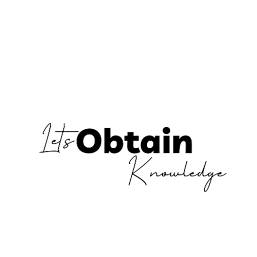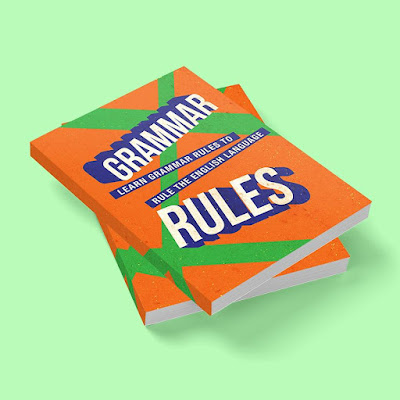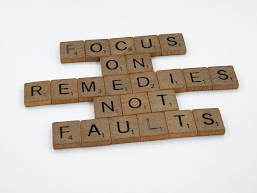English Grammar Rules Questions and Answers
Question: What is the difference between a noun and a verb?
Answer: A noun is a word used to name a person, place, thing, or idea, while a verb is a word used to indicate an action or state of being.
Question: What is the difference between a subject and a predicate?
Answer: A subject is the noun or pronoun that performs the action in a sentence, while a predicate is the part of a sentence that states something about the subject.
Question: What is the difference between a direct object and an indirect object?
Answer: A direct object is the noun or pronoun that receives the action of the verb, while an indirect object is the noun or pronoun that indicates to or for whom or what the action of the verb is performed.
Question: What is a preposition?
Answer: A preposition is a word that shows the relationship between a noun or pronoun and other words in a sentence, such as in, on, under, beside, etc.
Question: What is an adjective?
Answer: An adjective is a word that modifies or describes a noun or pronoun, such as big, red, happy, etc.
Question: What is an adverb?
Answer: An adverb is a word that modifies or describes a verb, adjective, or other adverb, such as quickly, well, happily, etc.
Question: What is a conjunction?
Answer: A conjunction is a word that connects words, phrases, or clauses in a sentence, such as and, or, but, because, etc.
Question: What is a gerund?
Answer: A gerund is a verb form that functions as a noun, such as swimming, running, etc.
Question: What is an infinitive?
Answer: An infinitive is a verbal noun that typically follows "to" and functions as the subject or object of a sentence, such as to swim, to run, etc.
Question: What is a participle?
Answer: A participle is a verb form that functions as an adjective, such as swimming, running, etc.
Question: What is a possessive pronoun?
Answer: A possessive pronoun is a word that shows ownership or possession, such as my, mine, your, yours, etc.
Question: What is a reflexive pronoun?
Answer: A reflexive pronoun is a word that refers back to the subject of a sentence, such as myself, yourself, himself, etc.
Question: What is an interjection?
Answer: An interjection is a word or phrase that expresses strong emotion or surprise, such as wow, oh, oh no, etc.
Question: What is a compound sentence?
Answer: A compound sentence is a sentence made up of two or more independent clauses joined by a conjunction.
Question: What is a complex sentence?
Answer: A complex sentence is a sentence made up of one independent clause and one or more dependent clauses.
Question: What is a compound-complex sentence?
Answer: A compound-complex sentence is a sentence made up of two or more independent clauses and one or more dependent clauses.
Question: What is a simple sentence?
Answer: A simple sentence is a sentence made up of one independent clause.
Question: What is a run-on sentence?
Answer: A run-on sentence is a sentence made up of two or more independent clauses that are not properly punctuated or joined.
Question: What is a fragment?
Answer: A fragment is a sentence that is missing a subject, predicate, or both.
















0 Comments